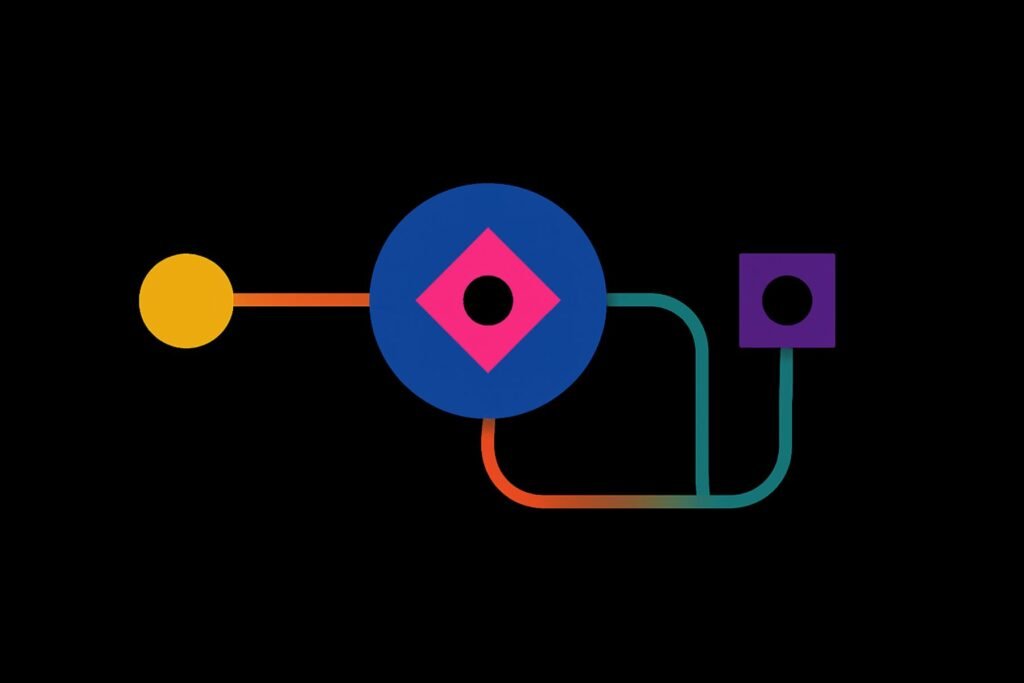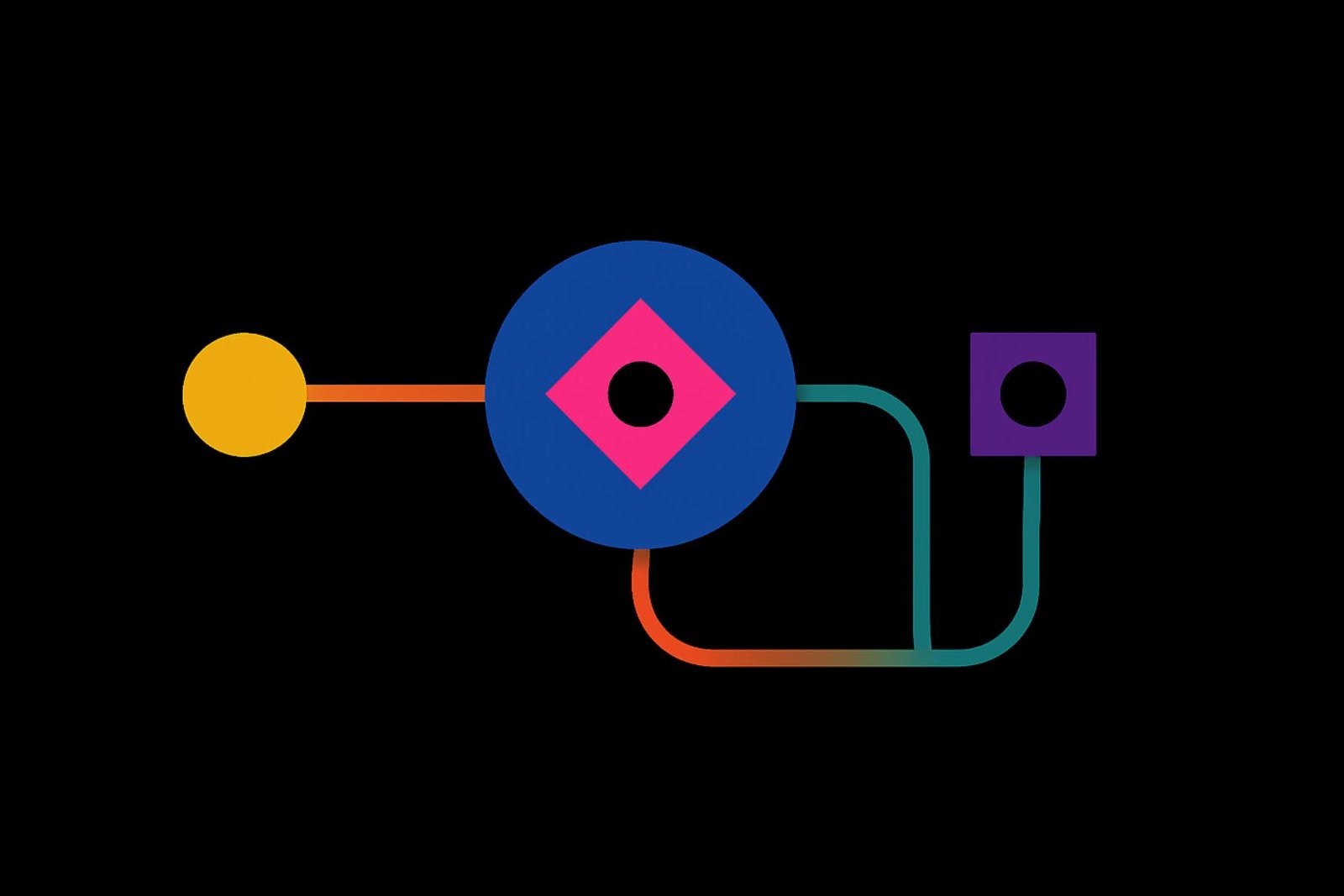AI Voice Agents vs. Sales Reps: Who Really Closes More Deals?
Let’s talk about a question most business owners are secretly asking but rarely say out loud: Who actually closes more deals — a human sales rep or an AI voice agent?
On the surface, the answer seems obvious. Of course a real human would outperform a piece of software, right? After all, sales is about relationships, persuasion, and emotion. But here’s the catch — the modern sales game isn’t won by the best pitch. It’s won by speed, consistency, and availability.
And that’s where AI leaves most humans in the dust.
The Strengths of Sales Reps
To be fair, sales reps have undeniable advantages. They can build rapport, read body language, and tailor conversations to unique customer needs. The best reps can create trust, handle objections, and turn skeptical prospects into loyal buyers.
The problem? Those “best reps” are rare. And even the good ones come with limitations:
They can only make so many calls a day.
They forget to follow up.
They get tired, sick, or distracted.
They take vacations.
They cost a lot to train, manage, and keep motivated.
So while a human rep can close, the question isn’t “Can they?” — it’s “Will they, consistently, at scale?” And that’s where the cracks show.
The Edge of AI Voice Agents
Now let’s look at AI. AI voice agents don’t replace the art of high-level selling, but they dominate where the game is actually won: speed, volume, and follow-up.
Here’s what they bring to the table:
Instant response. AI answers the phone or follows up with leads in seconds — not hours or days.
24/7 availability. Middle of the night? Holiday weekend? Doesn’t matter. AI never misses a call.
Consistency. Every prospect gets the same fast, professional experience — no bad moods, no slip-ups.
Scale. AI can handle hundreds of conversations at once. A human can only handle one.
Qualification. Instead of wasting reps’ time, AI filters out the tire-kickers and passes only serious buyers to your team.
In other words, AI doesn’t just close deals — it creates the conditions where deals actually get closed.
The Real Numbers Don’t Lie
Here’s the brutal truth: most businesses don’t lose deals because their reps aren’t persuasive enough. They lose deals because they never connect with the lead in the first place.
Studies show that 78% of customers buy from the first business that responds. That means the race isn’t about who has the smoothest closer — it’s about who gets there first.
And AI wins that race every single time.
Imagine this:
Lead A calls at 9:30pm. AI answers, qualifies, and books the appointment instantly.
Lead B calls the same business and gets voicemail. A sales rep calls back the next morning.
Who closes the deal? Lead A is already on the schedule. Lead B is gone forever.
The Hybrid Approach That Wins Big
Now, does this mean you should fire your sales team and let AI do it all? Not at all. The smartest businesses use AI to capture and qualify, and then hand off to skilled sales reps for high-value conversations and final closing.
Think of AI as your unstoppable frontline — the one that ensures no lead slips through the cracks, every inquiry gets answered, and your pipeline stays full. Then your human reps step in where they shine: building trust, handling objections, and closing bigger deals.
This combo doesn’t just level the playing field. It gives you an unfair advantage.
The Bottom Line
So, who really closes more deals — AI voice agents or sales reps?
Here’s the truth: AI doesn’t replace sales reps, but it makes them dramatically more effective. By ensuring every lead is answered instantly, qualified, and booked, AI sets the stage for your reps to do what they do best.
Without AI, your sales team is running uphill, chasing leads that already went cold. With AI, they’re walking into warm conversations that are halfway closed before they even start talking.
That’s not just more deals. That’s smarter deals, closed faster, with less wasted effort.
The future of sales isn’t choosing between AI or humans. It’s combining both to build a system that never sleeps, never forgets, and never stops closing.

